Artificial Intelligence (AI) is no longer just a buzzword—it’s a powerful engine driving the future of digital marketing. From personalized customer experiences to predictive analytics and automated content creation, AI is revolutionizing how brands connect with audiences and grow their businesses.
In this blog, we’ll explore how AI is transforming digital marketing and why embracing it is essential for staying ahead in 2025 and beyond.
1. Smarter Customer Targeting with Predictive Analytics
AI helps marketers predict customer behavior by analyzing large sets of data in real-time. This allows for more accurate segmentation, targeting, and forecasting.
Benefits:
- Better ad targeting
- Improved lead scoring
- Personalized content recommendations
2. Hyper-Personalization at Scale
With AI, brands can deliver tailored experiences to users across multiple touchpoints. From personalized product recommendations to dynamic email content, AI ensures that every customer journey feels relevant and unique.
Example:
Netflix and Amazon use AI to personalize recommendations based on viewing or purchasing behavior.
3. Chatbots & Conversational Marketing
AI-powered chatbots provide 24/7 customer support, answer queries instantly, and guide users through the sales funnel—all without human intervention.
Advantages:
- Faster response times
- Improved user engagement
- Lower customer service costs
4. Content Creation & Optimization
AI tools like ChatGPT and Jasper are now being used to generate blog posts, social media captions, ad copies, and even product descriptions.
Use Cases:
- Creating SEO-friendly blog content
- Generating headlines and CTAs
- Rewriting and improving existing content
5. Automated Ad Management
AI streamlines campaign management by automatically adjusting bids, budgets, and targeting based on real-time performance.
Platforms like:
- Google Ads’ Smart Bidding
- Meta’s Advantage+ campaigns
These tools use AI to maximize ROI with minimal manual effort.
6. Enhanced Customer Insights
AI tools process and interpret user data to uncover patterns and behaviors that humans might miss. These insights help improve decision-making, campaign effectiveness, and user experience.
Tools in use:
- Google Analytics 4 (with AI-powered insights)
- HubSpot’s AI-driven CRM suggestions
7. Voice Search & Visual Recognition
With the rise of voice assistants like Siri, Alexa, and Google Assistant, optimizing for voice search is becoming crucial. Similarly, AI-powered visual search allows users to search using images, changing how products are discovered online.
Marketing Tip:
Start optimizing content for natural language queries and include image alt-text for visual search compatibility.
8. Fraud Detection & Data Security
AI detects abnormal user behavior and flags fraudulent activities, especially in advertising platforms and e-commerce sites. This ensures ad spend is protected and customer data is secure.
Final Thoughts
AI is transforming digital marketing by making it more efficient, personalized, and data-driven. Brands that adopt AI tools early will not only gain a competitive edge but also future-proof their marketing efforts.
If you’re not already leveraging AI in your marketing strategy, now is the time to start.

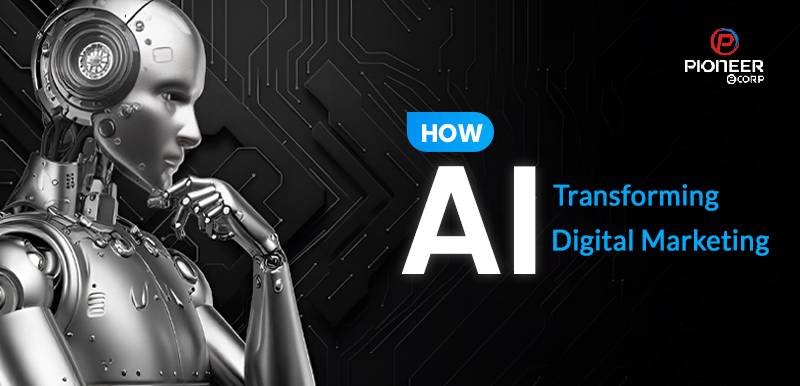
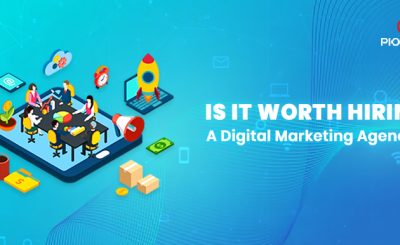
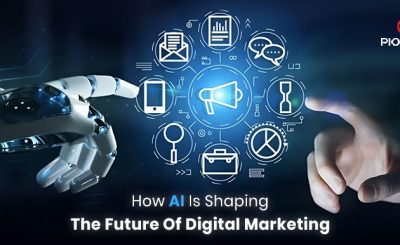
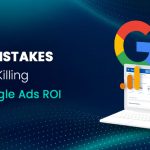
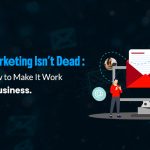
Leave A Reply